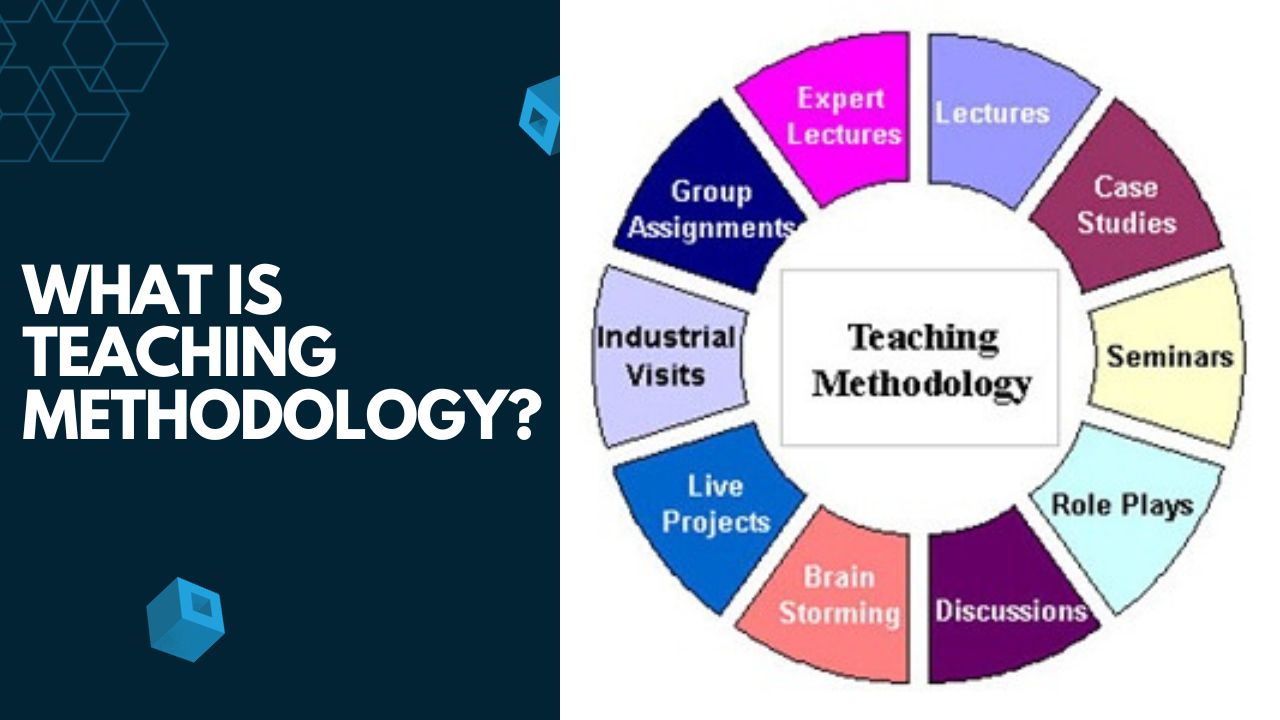What Is Teaching Methodology?
Teaching methodology refers to the strategies, techniques, and approaches that educators use to facilitate learning. There is no one-size-fits-all methodology, as effective teaching depends on various factors such as the subject matter, the learning styles of students, and the educational context. However, there are some common methodologies and principles that educators often incorporate into their teaching practices. Here are several key teaching methodologies:
key teaching methodologies:
Lecture-Based Teaching:
- Involves the teacher presenting information to students in a structured manner.
- Can be effective for delivering large amounts of content in a short period.
- Requires active engagement strategies to keep students involved.
Interactive/Participatory Learning:
- Emphasizes student participation and interaction.
- Includes activities such as discussions, group work, case studies, and role-playing.
- Fosters critical thinking and collaboration skills.
Project-Based Learning (PBL):
- Involves students in real-world projects that require them to apply knowledge and skills.
- Promotes hands-on learning, problem-solving, and teamwork.
- Encourages creativity and innovation.
Problem-Based Learning (PBL):
- Focuses on presenting students with authentic, open-ended problems to solve.
- Encourages independent inquiry, critical thinking, and problem-solving skills.
Flipped Classroom:
- Involves students engaging with instructional content outside of class (e.g., through videos or readings) and using class time for interactive activities and discussions.
- Shifts the traditional lecture and homework paradigm.
Socratic Method:
- Encourages critical thinking and dialogue through a series of questions and answers.
- Students actively engage in discussions to explore and understand concepts.
Cooperative Learning:
- Involves small groups of students working together to achieve a common goal.
- Promotes teamwork, communication, and social skills.
Inquiry-Based Learning:
- Encourages students to ask questions, explore topics, and seek answers through investigation.
- Fosters curiosity, self-directed learning, and problem-solving skills.
Differentiated Instruction:
- Recognizes and accommodates diverse learning styles, abilities, and interests.
- Tailors instruction to meet the individual needs of students.
Assessment for Learning:
- Involves ongoing assessments and feedback to inform instruction.
- Helps teachers understand student progress and adjust teaching strategies accordingly.
The most effective teaching methodology often involves a combination of these approaches, tailored to the specific needs and characteristics of the students and the subject matter. Flexibility and a willingness to adapt to different situations are key qualities of effective educators.

